**Note: This page is for educational inspiration and is not officially affiliated with World Science Day. World Science Day for Peace and Development is an annual event celebrated worldwide on November 10th. It was established by UNESCO (United Nations Educational, Scientific and Cultural Organization) in 2001 to highlight the important role of science in society and the need to engage the wider public in debates on emerging scientific issues. For official information and to learn more about global science initiatives, please visit the UNESCO website (www.unesco.org/en/days/science-peace-development).
Tuesday 10th November 2026
Understanding World Science Day in EYFS & KS1
Let's explore and discover! 🧪🔬 World Science Day for Peace and Development is an annual event celebrated worldwide on November 10th. Established by UNESCO (United Nations Educational, Scientific and Cultural Organization) in 2001, its purpose is to highlight the important role of science in society and the need to engage the wider public in debates on emerging scientific issues. It encourages us to remember how science benefits our daily lives and how it can contribute to a more sustainable and peaceful world.
For early years settings, nurseries, preschools, childminders, and Year 1 and Year 2 classrooms, this day provides a fantastic and dynamic theme for exploring curiosity, experimentation, observation, problem-solving, and understanding the world around us. It's about nurturing children's natural inquisitiveness, encouraging them to ask "why?" and "how?", and engaging them in hands-on discovery. This day offers wonderful planning ideas and inspiration for engaging activities that truly resonate with young minds, making learning about science both exciting and foundational.
Why Is Teaching About Science Important for Young Children?
Integrating science into your practice with young children (aged 0-7) is incredibly important for fostering their critical thinking, observation skills, problem-solving abilities, and a lifelong curiosity about how the world works. Even at a young age, children are natural scientists, constantly exploring and making sense of their environment.
Curiosity & Inquiry: Science encourages children to ask questions, explore, and investigate, developing a mindset of inquiry.
Observation Skills: Focused science activities help children pay close attention to details and changes.
Problem-Solving: Simple experiments require children to think about cause and effect and test hypotheses.
Understanding the World: Science helps children make sense of natural phenomena (weather, plants, animals) and human-made technologies. This directly relates to the 'Understanding the World' Early Years Foundation Stage (EYFS) area.
Vocabulary Development: Introducing scientific terms (e.g., float, sink, absorb) expands children's language.
STEM Foundation: Early science exposure builds a strong foundation for future learning in Science, Technology, Engineering, and Mathematics (STEM).
Engaging Science & STEM Activities for World Science Day (0-7 Year Olds)
Make World Science Day a truly hands-on and investigative experience with these planning ideas and activities perfect for EYFS and KS1 children. The focus is on active learning, discovery, and fostering scientific thinking! Many of these early years and year 1 activities can be supported by the extensive range of printable resources we have available on our 'Science', 'STEM', and 'Understanding the World' pages.
Here's some inspiration for sparking scientific minds in your setting: (Please use your own discretion and knowledge of your children to ensure appropriateness of each activity and safety concerning any materials given and activity undertaken.)
STEM Challenges: Introduce simple STEM challenges to encourage problem-solving and engineering. Use our 'STEM - Challenge Cards', and 'STEM - Winter Challenge Cards'. You can also display our 'STEM - Science Technology Engineering Mathematics Posters', 'STEM - Banner', and 'STEM - 'We Are Curious' Display'.
Float and Sink Experiment: Conduct a classic float or sink experiment with various objects. Use our 'Science - Activity Pack - Float And Sink'.
Minibeast Investigation: Go on a minibeast hunt in the outdoor area and observe creatures up close. Use 'Science - Activity Pack - Minibeast Hunt’, and 'Minibeast Search Checklist (Free Sample)'. This connects to 'Invertebrates' and 'Minibeasts'.
Plant Exploration: Learn about plants and what they need to grow. Use 'Plants - Word Mat (Free Sample)', 'Plants - 'Plants Make Their Own Food' Poster (Free Sample)', and 'What Does A Houseplant Need?' Poster - Colouring (Free Sample)'. Go on a 'Science - Activity Pack - Plant Hunt'. This connects to 'Gardening' and 'Plants'.
Human Body Exploration: Learn about different body systems. Use our 'The Human Body' resources. This also links to 'All About Me' and 'Medicine: Doctors and Nurses'.
Weather Observation: Become meteorologists! Use 'Weather - My Weather Diary - Booklet (Free Sample)' and 'A4 'Today' Weather Calendar - Dinosaurs Theme (Free Sample)'. This connects to 'Weather'.
Space Exploration: Learn about planets, stars, and space. See our 'Space' resources.
Life Cycles: Explore the life cycles of plants or animals. Use 'Endless Life Cycle Puzzles (Free Sample)'. This connects to 'Life Cycles'.
Animals & Adaptations: Discuss how animals are suited to their habitats. Use our wide range of resources connected to 'Animals', 'Birds', 'Fish', 'Mammals', 'Reptiles', 'On the Farm', 'Wildlife', 'Habitats', 'Forest School', 'Beach School', 'Ocean', 'Polar', 'Wetlands', 'Woodland (Temperate)', and 'Zoo'.
Inventions & Technology: Discuss simple inventions and how things work. Use 'Inventions 2-Piece Puzzles (Free Sample)'.
Make Something Melt: Explore changes in states of matter with 'STEM - Make Something Melt - Support Pack'.
Musical Instrument Science: Explore how sounds are made with 'STEM - Musical Instruments - Support Pack'.
Ramp Investigation: Investigate forces and motion with 'STEM - Make A Car Ramp - Support Pack'. This links to 'Transport/Travel'.
Dinosaur Science: Explore the world of 'Dinosaurs'.
General Science Displays: Use our 'Science - Banners (Space for posters in 'Activity Packs')' and 'Science - Banners'.
Healthy Choices: Link science to staying healthy. Use 'Science - Activity Pack - Fruit Slushies' and general resources from 'Stay Healthy'.
Explore More: Please visit our ‘Science’ or ‘STEM’ or ‘Understanding the World’ pages to explore our extensive catalogue of Science resources!
These activities offer great inspiration for making World Science Day a memorable and impactful experience in your early years and Key Stage One setting, fostering curiosity, critical thinking, observation skills, and a lifelong love for learning about the world.
To explore ideas surrounding additional early years events, please visit our 'Special Dates Calendar' page.
Printable resources to support teaching & learning surrounding: ‘World Science Day’
Please visit our ‘Science’ or ‘STEM’ or ‘Understanding the World’ pages to explore our extensive catalogue of Science resources.
Additional Pages you may like to explore which cover relevant &/or Connected themes
More Early Years Event Pages for NOvember
Sweet treats and healthy eats! 🍬🥕 Sugar Awareness Week is an annual campaign in the UK, organised by Action on Sugar, typically held in November. Its primary goal is to raise awareness of…
Let's sprinkle kindness everywhere! 💖 World Kindness Day is an international observance on November 13th, introduced in 1998 by the World Kindness Movement. Its core purpose is to…
Let's make a stand together! ❤️ Anti-bullying Week is an annual event in the UK, organised by the Anti-Bullying Alliance (ABA), typically taking place in November. It aims to raise awareness of…
Twinkle, twinkle, little star! ✨ World Nursery Rhyme Week is an annual initiative, typically held in mid-November, created by Music Bugs in 2013. In 2025, the event is being held from the 10th…
Let's explore and discover! 🧪🔬 World Science Day for Peace and Development is an annual event celebrated worldwide on November 10th. Established by UNESCO (United Nations…
She sells seashells by the seashore! 🗣️ International Tongue Twister Day is an informal observance, typically celebrated on the second Sunday in November (In 2025 on November 9th)…
Let's learn outside! 🌳☀️ Outdoor Classroom Day is a global campaign to inspire and celebrate outdoor play and learning, with two designated days each year: one in May and one in November…
Road Safety Week is an annual campaign coordinated by Brake, the national road safety charity. It's a fantastic opportunity to bring the vital message of road safety into your early years setting…
Explore special dates (including awareness dates, festivals, celebrations & events) relevant to your EYFS & KS1 children
Browse our ‘Special Dates Calendar’ page using the link below. You’ll find calendars for every month of the year to aid your planning!
CLICK HERE to visit our ‘SPECIAL DATES CALENDAR PAGE’ for an entire year of key EYFS & KS1 events, festivals & celebrations.
SEARCH ‘LITTLE OWLS Resources’ USING THE FOLLOWING MENU BUTTONS…
Disclaimer:
This page is for educational purposes only and is intended to support early years and primary practitioners with ideas and resources related to 'World Science Day'. We are not officially affiliated with or endorsed by UNESCO, which established this day. We do not claim any rights to specific trademarks or official materials associated with this event. For official information and to learn more about global science initiatives, please visit the UNESCO website at www.unesco.org/en/days/science-peace-development.


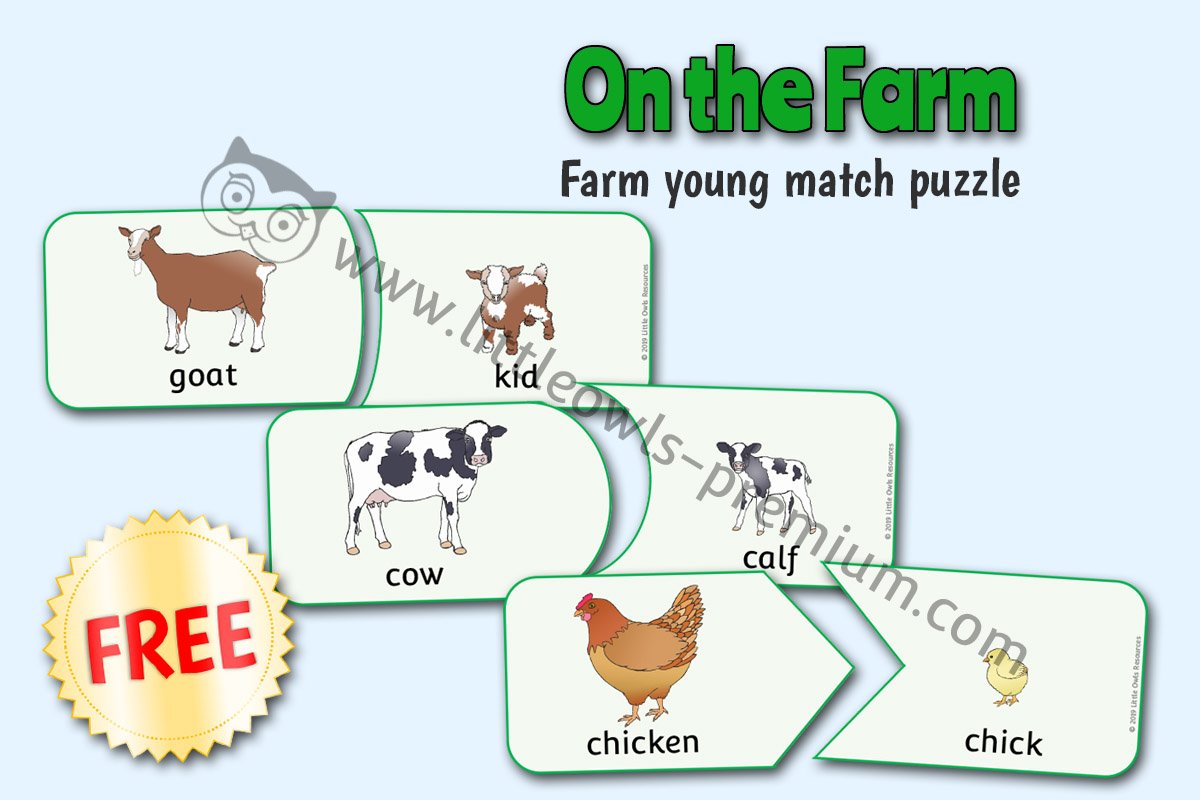





























































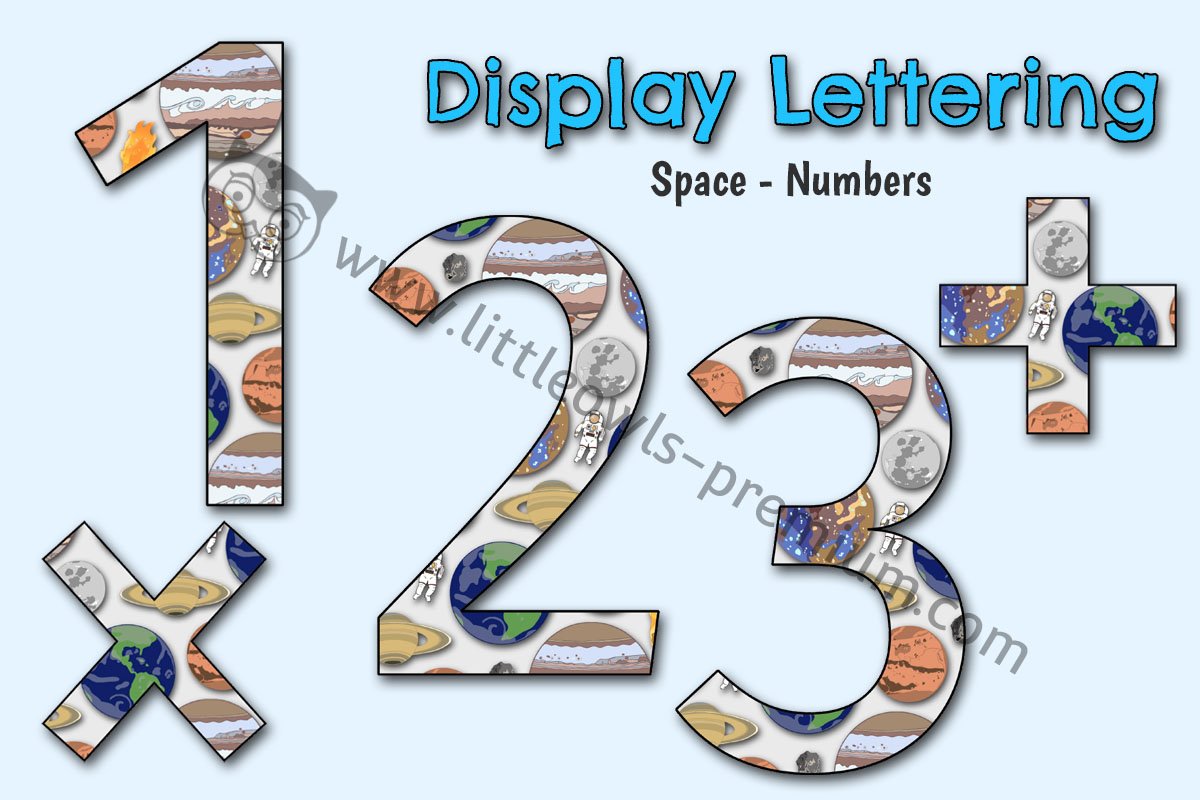


































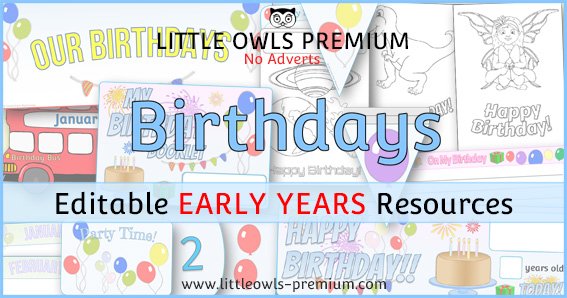
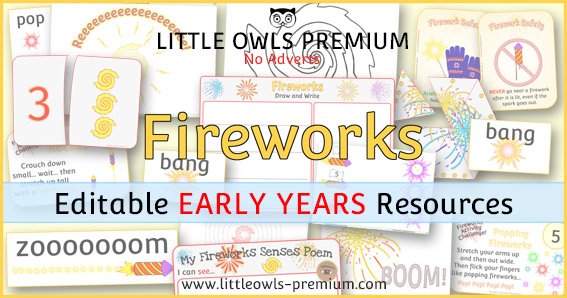
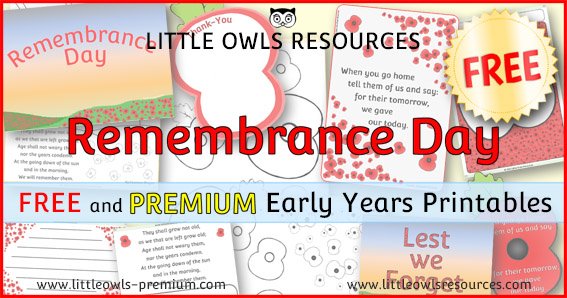
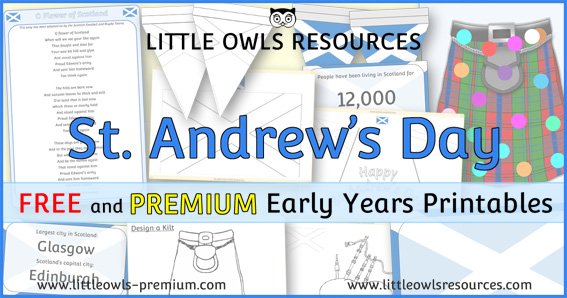
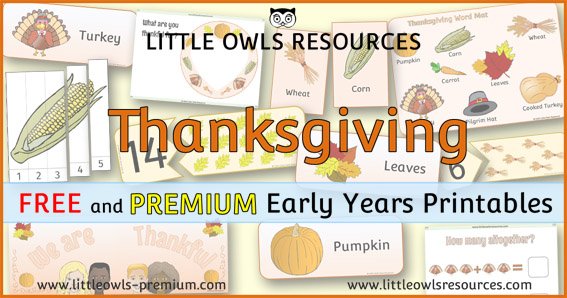








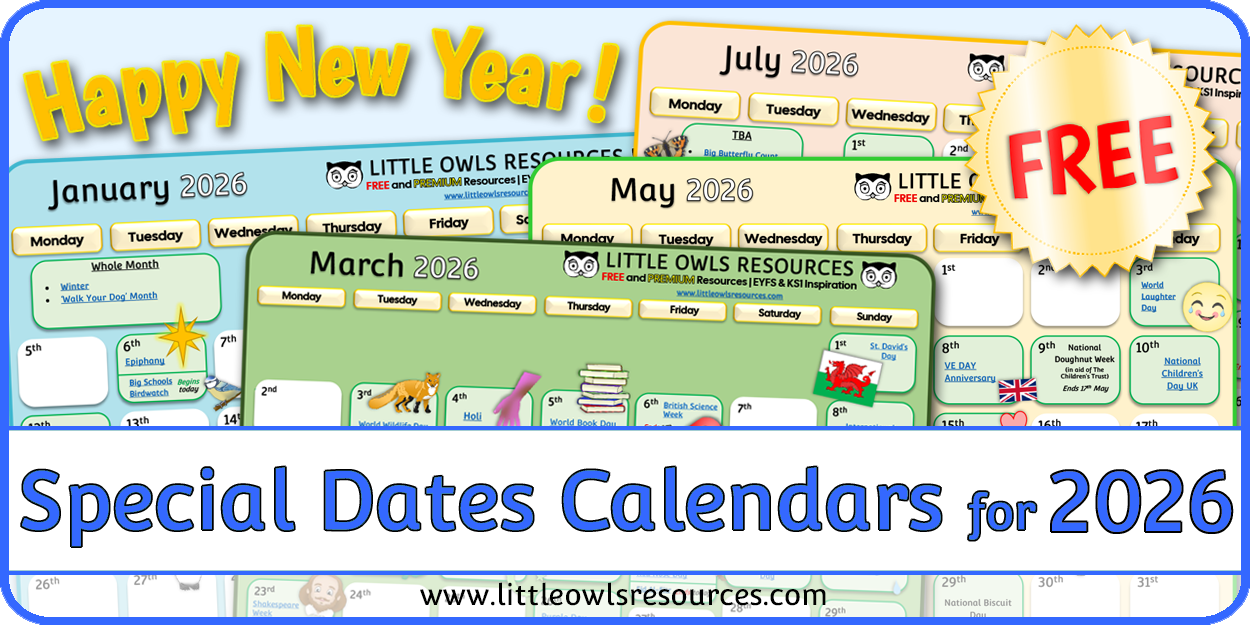
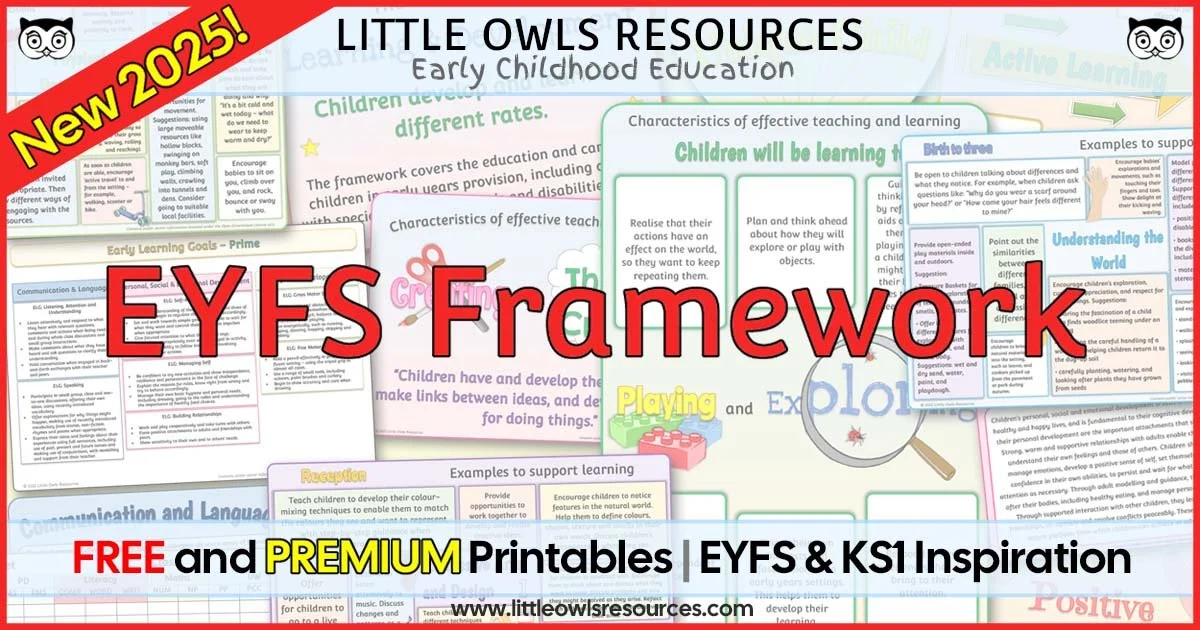

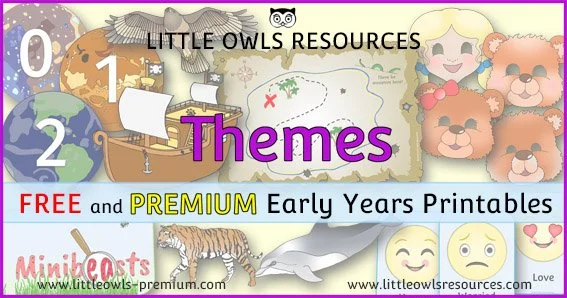

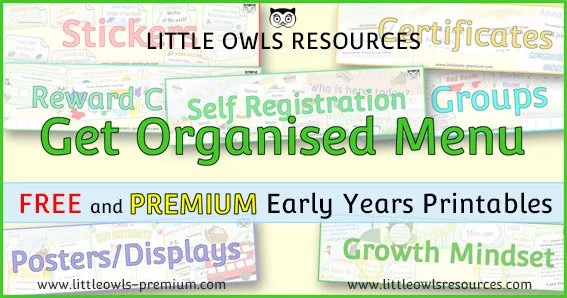

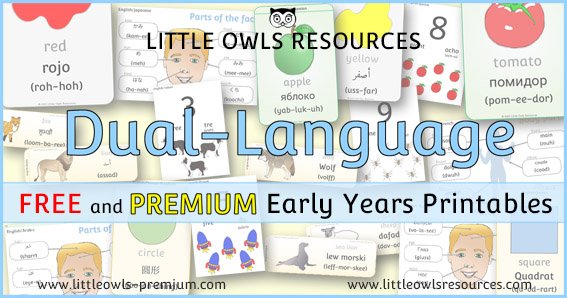
Hello there! 👋🌍 World Hello Day is an international observance held annually on November 21st. It was founded in 1973 by Brian and Michael McCormack as a direct response to the Yom…